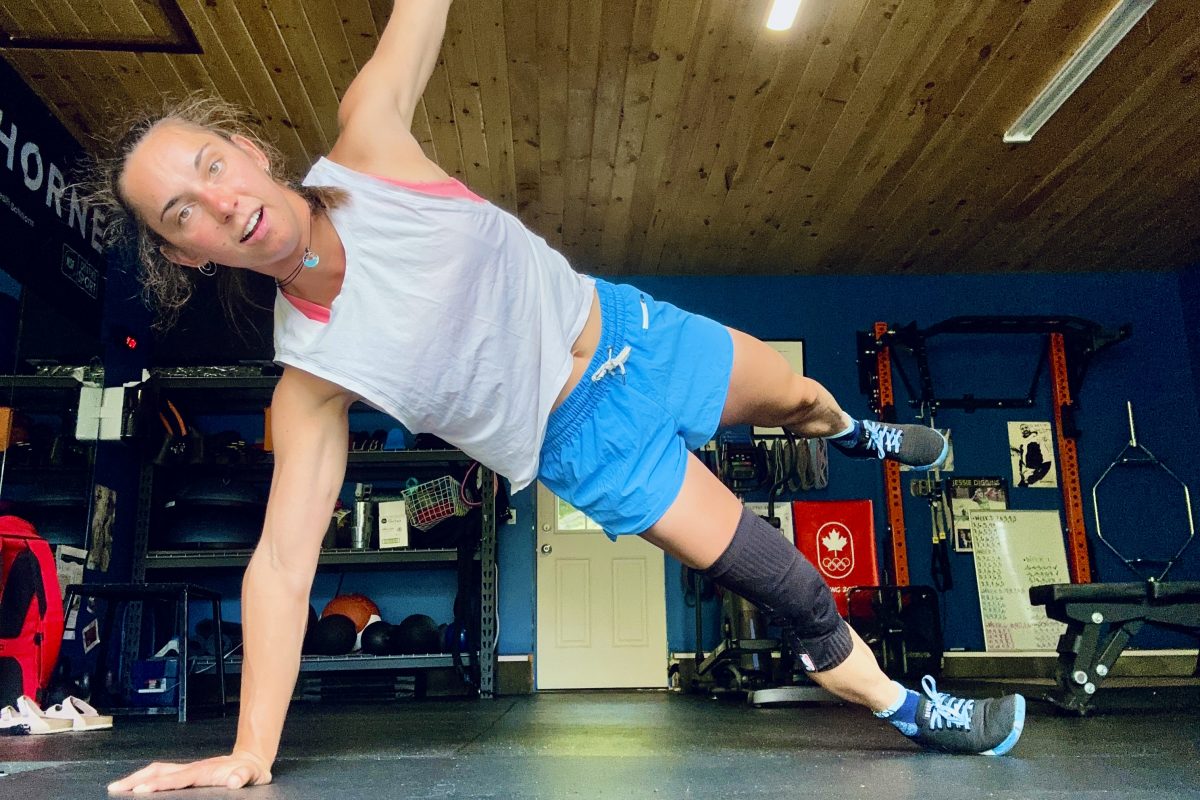The San Diego Union-Tribune reports that UCSD biology professor, Randy Johnson, has demonstrated that exposing the skin to various conditions – including low oxygen conditions – can stimulate the production of EPO in the body of mice. The researchers exposed the heads and bodies of mice to different levels of oxygen, leading to the conclusion that the skin, not just the internal organs, was triggering an increase in natural EPO.
A spike in EPO production was also observed when both a nitroglycerine patch and mustard oil were applied to the mice.
The article discusses the potential application of the research on human athletes, noting that in a 2001 Australian study, subjects injected with even low doses of synthetic EPO increased their aerobic capacity several times more than people who slept in altitude chambers that simulated 9,000 feet. Clearly synthetic EPO is more effective than altitude ut is illegal.
One application of the UCSD findings would be to place the body in an altitude tent – with the head outside. This would allow oxygen in the tent to be reduced to levels that would be potentially fatal if the head were enclosed, and conceivably raise natural EPO levels even higher.
Of course any positive effect on humans is merely conjecture at this point. Though in elite level athletics, athletes are often willing to try methods that are unproven in order ot get an edge – and there is nothing currently illegal about sleeping in an altitude tent – head in or out.



